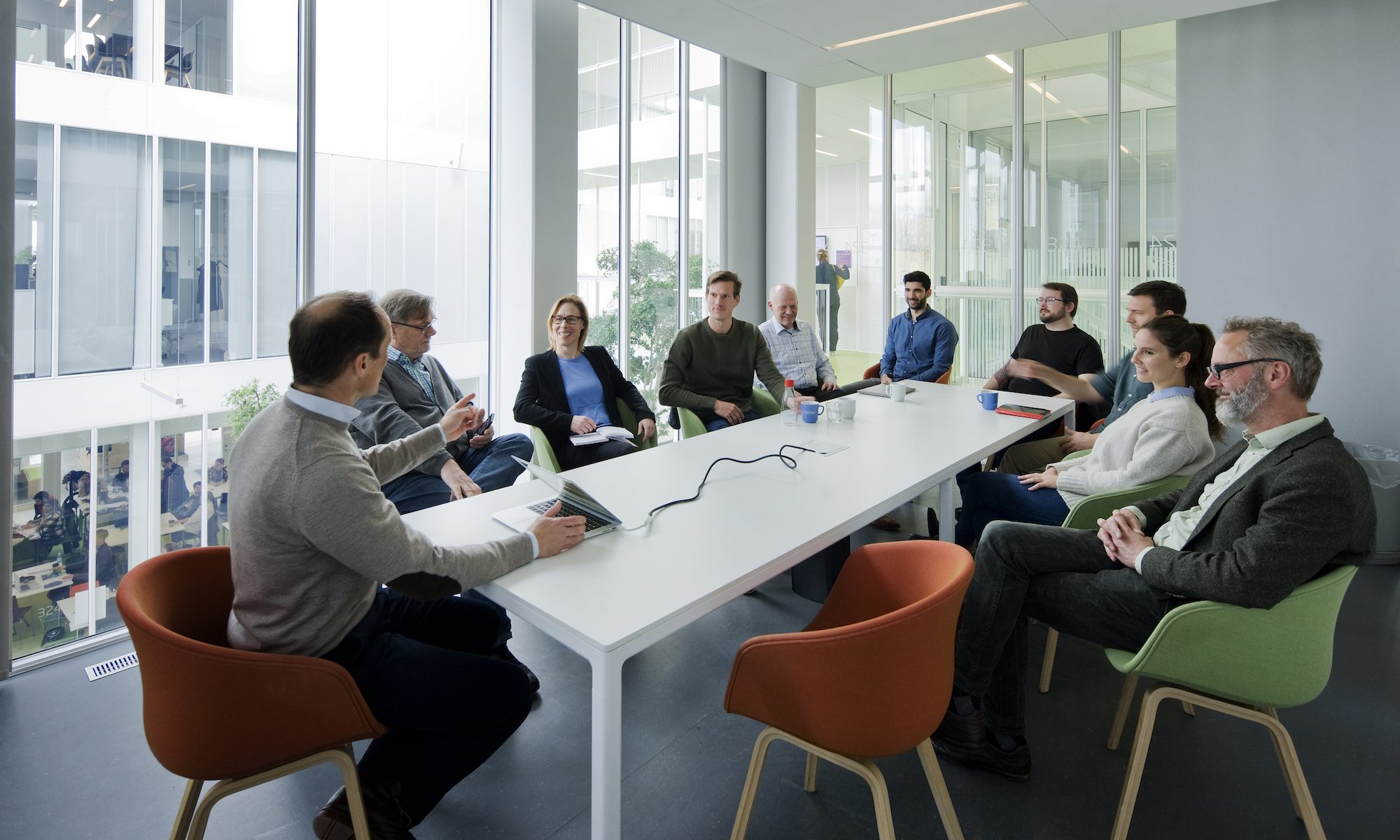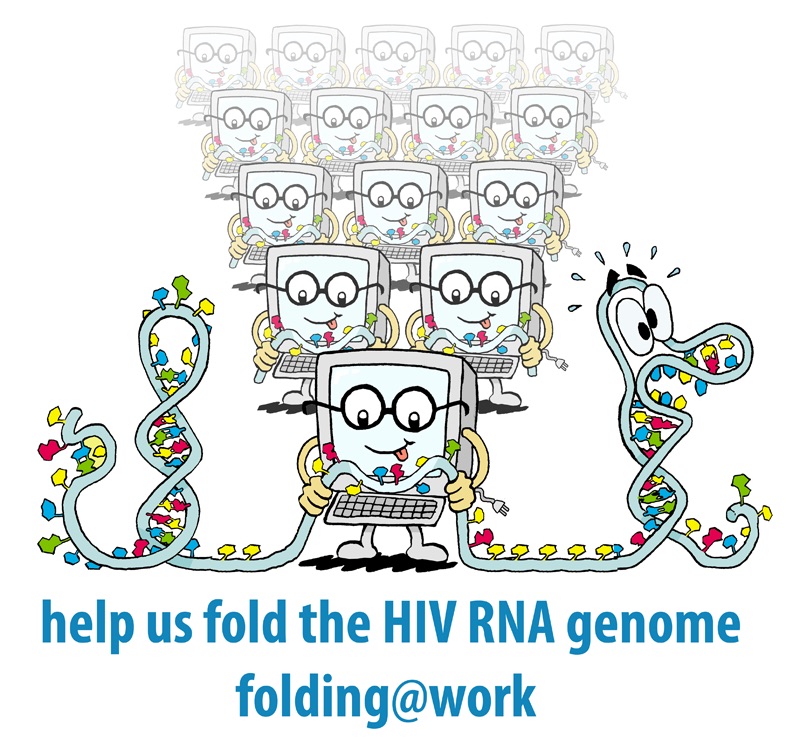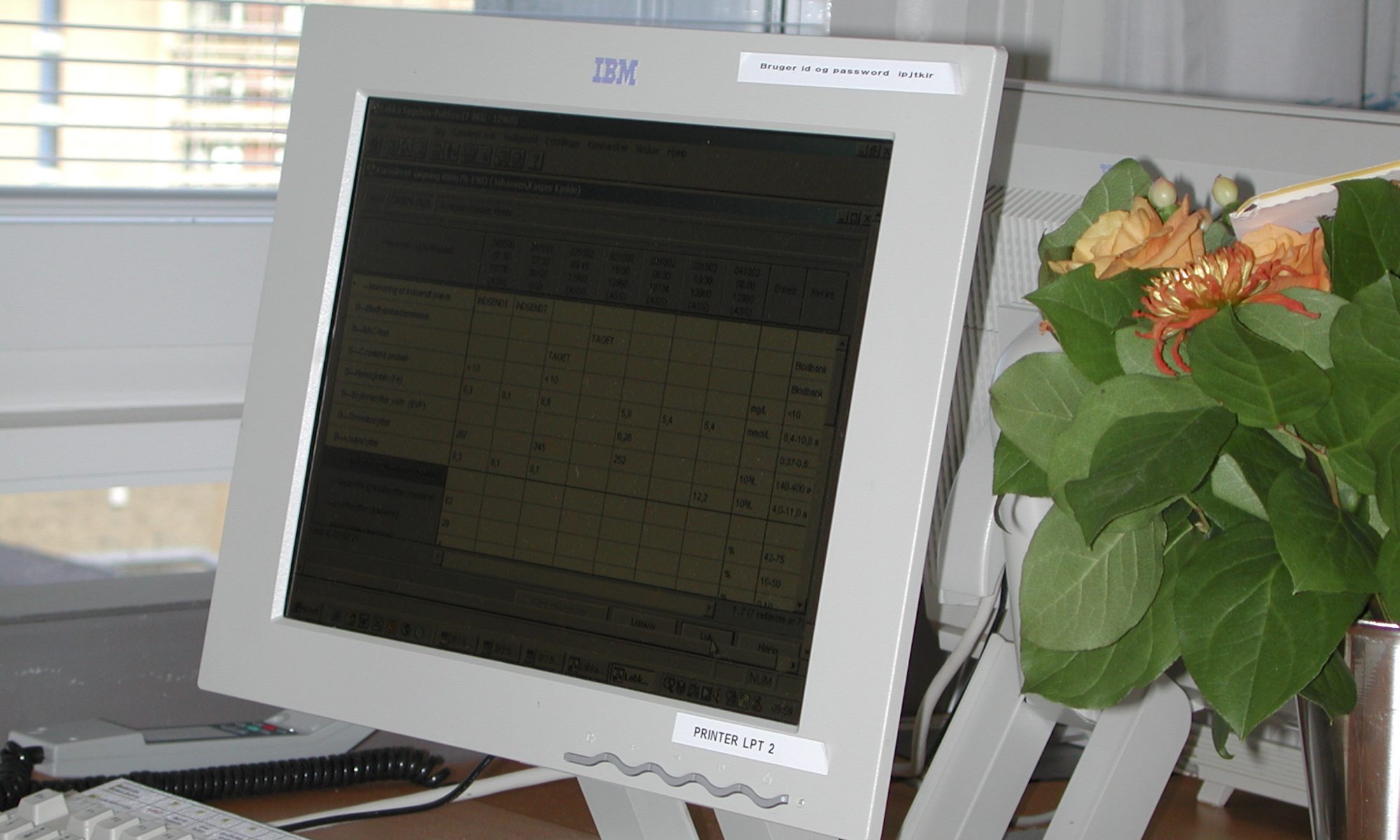The iPDM-GO project aimed to improve diabetes care by applying the “integrated Personalised Diabetes Management” (iPDM) approach in Denmark. The goal was to enhance the iPDM approach with innovative personalized health technology and implement outcomes-based healthcare payment. The ultimate goal was to encourage individualized treatment of diabetes, as well as deploy payment systems that reward better healthcare, throughout Europe.
Continue reading “iPDM-GO: Integrated Personalised Diabetes Management Goes Europe”REAFEL – Contextual ECG Monitoring and Atrial Fibrillation Detection in Cardiology
Chronic heart-related diseases are a major public health issue and is the leading cause of death and hospitalization for people 65+ years. The goal of the “Reaching the Frail Elderly Patient for Optimizing Diagnosis of Atrial Fibrillation” (REAFEL) project was to design a patient-centric home-monitoring platform for early detection of cardiac rhythm disorders. This would allow for timely intervention and prevention of serious conditions such as stroke and repeated falls.
Continue reading “REAFEL – Contextual ECG Monitoring and Atrial Fibrillation Detection in Cardiology”RADMIS – Smartphone-based Monitoring and Treatment of Mental Disorders
According to WHO, depression is becoming a leading cause of disability. The aim of the “Reducing the rate and duration of readmission among patients with unipolar and bipolar disorder using smartphone-based monitoring and treatment” (RADMIS) project is to design smartphone-based monitoring and treatment technology for depressive patients. The clinical goal is to establish the efficacy of this technology by measuring hospital re-admission and clinical outcome.
Continue reading “RADMIS – Smartphone-based Monitoring and Treatment of Mental Disorders”NexGSD – Next Generation Technology for Global Software Development
The software development paradigm is changing with the rise of geographically distributed, global software development (GSD). Increasingly, organizations shift all or part of their software development offshore. Several studies show that compared to co‐located projects, GSD projects are more likely to be unsuccessful due to geographical, temporal, and cultural distances, which hampers close collaboration.
Continue reading “NexGSD – Next Generation Technology for Global Software Development”
MiniGrid – Collaborative Mini-Grids for Prediction of Viral RNA Structure and Evolution
The “Collaborative Mini-Grids for Prediction of Viral RNA Structure and Evolution” project (in short: Mini-Grid project) aimed at designing a voluntary, peer-to-peer software architecture for executing parallelized bioinformatics algorithms, which makes research into RNA-based diseases like HIV, SARS, and bird flu more efficient than with current approaches. The project also studied how users can become aware of such an infrastructure, and designs the future technologies for biologist to use in the lab.
MONARCA
The MONARCA project was an EU FP7 STREP project (2010–14) involving 13 partners, including the IT University of Copenhagen and the Psychiatric Center Copenhagen (‘Rigshospitalet’) . The goal was to;
“…develop and validate solutions for multi-parametric, long term monitoring of behavioural and physiological information for bipolar disorder”
iCareNet – Intelligent ContextAware Systems for Healthcare, Wellness, and Assisted Living
The “Intelligent ContextAware Systems for Healthcare, Wellness, and Assisted Living” (iCareNet for short) project was an EU funded Initial Training Network (ITN). iCareNet focused on healthcare, wellness, and assisted living (HWA) applications and made a decisive contribution towards solutions, leveraged through an interdisciplinary perspective ranging from sensing and sensor integration, to human-computer interaction and social factors involved in the deployment of context-aware applications.
Activity-Based Computing for Hospitals
The activity-based computing project researched pervasive computing support for clinical hospital work. The aim was to design and evaluate technologies, which has the potential to support the mobile, collaborative, disruptive, and time-critical use of heterogeneous embedded device and computers in a hospital.
iHospital – The Interactive Hospital
Maintaining social awareness of the working context of fellow co-workers is crucial to successful cooperation. For mobile, non co-located workers, however, this social awareness is hard to maintain. In the iHospital project we have developed the concept of Context-Based Workplace Awareness , which denotes how context-aware computing can be used to facilitate people with an awareness of the unfolding of work in a hospital.
Security, Usability, and User Authentication
Over a long period, I have been investigating the relationship between usability and security. More specifically, I have investigated issues related to user authentication. The background for this research is observational studies on hospitals, which revealed that clinicians spend lots of time and effort on getting access to electronic medical systems . Continue reading “Security, Usability, and User Authentication”










